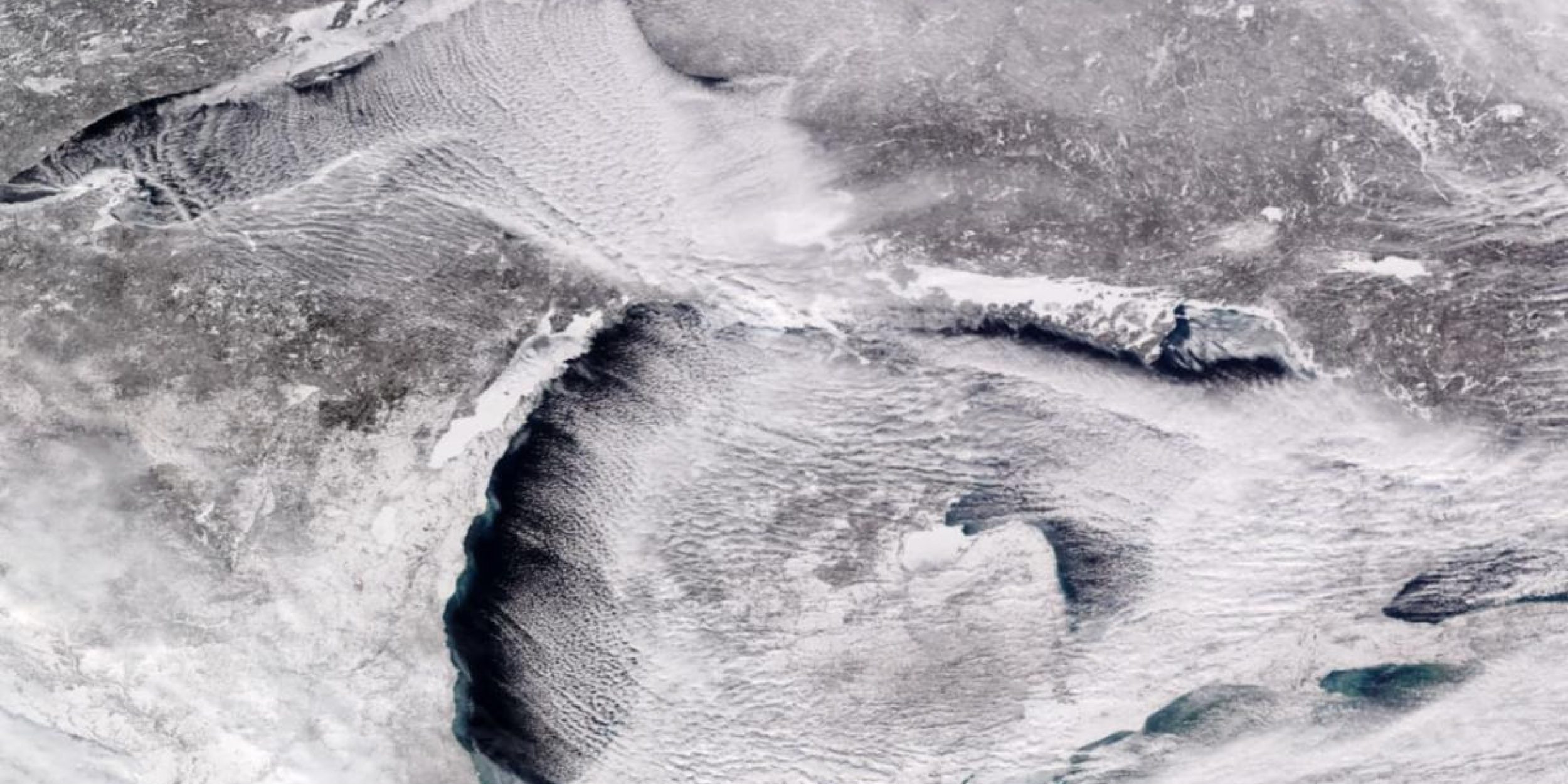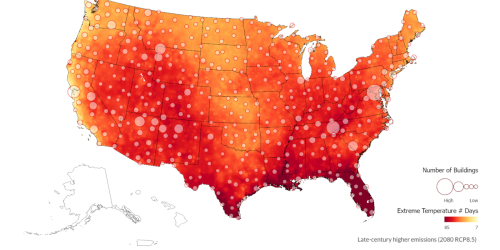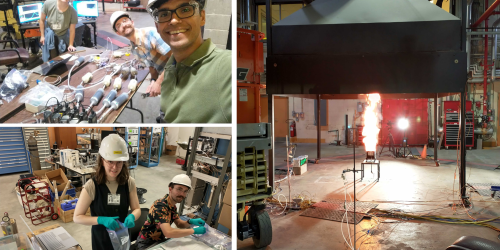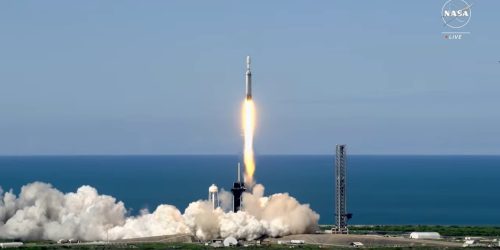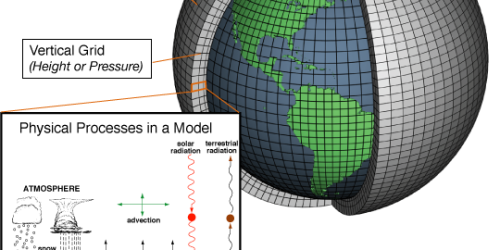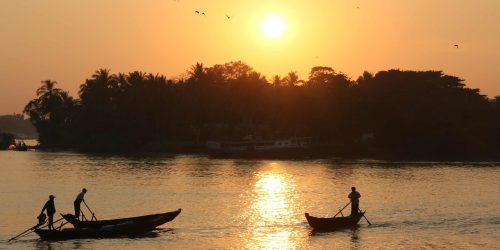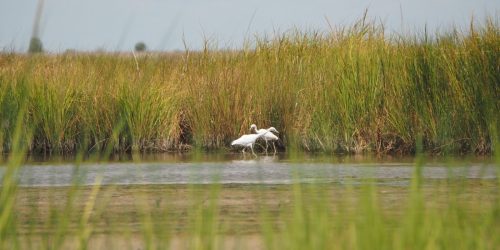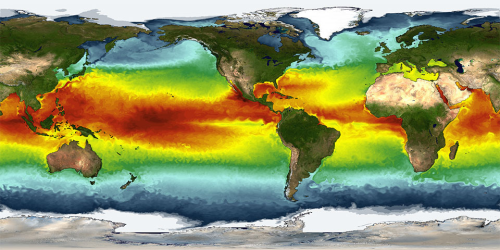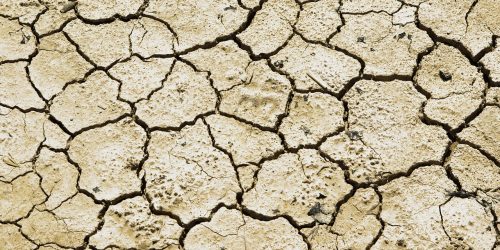January 10th, 2020, 2-3:30pm EST
This webinar is the second in a two-part series that explores relevant climate research topics in the realm of Earth system science and modeling and societal interactions. The format for this series is four 15 min talks, with 1-2 questions each via the chat line if time allows.
Speakers:


“Climate Change in the Great Lakes Region: Challenges and Opportunities for Mitigation and Adaptation”
Jessica Hellmann is the director of the University of Minnesota’s Institute on the Environment and the Ecolab Chair in Environmental Leadership. As director, she provides strategic leadership for the Institute, a mission-based organization working to help build a future where people and planet prosper together. Hellmann also is the Russell M. and Elizabeth M. Bennett Chair in Excellence in the Department of Ecology, Evolution and Behavior in the College of Biological Sciences. Hellmann’s research focuses on global change ecology, climate adaptation and the reduction of greenhouse gas emissions. She was among the first to propose and study ways to reduce the impact of climate change through new techniques in conservation management, including managed relocation, and her research group has shown that differences in the way populations respond to climate change are key to predicting and managing their future. Other work led to the creation of a private venture, Geofinancial Analytics, that monitors methane emissions for investors in publicly-traded companies. She also has co-authored several climate assessment and adaptation planning efforts, including the biodiversity and ecosystem portions of the Chicago Climate Action Plan, the 2014 National Climate Assessment, and consulted on the recent AAAS report, How We Respond.


“Water’s Role in Building Climate Resilience”
Kevin Shafer has served as the Executive Director of the Milwaukee Metropolitan Sewerage District (MMSD) since 2002. Shafer is responsible for the overall management, administration, leadership and direction for MMSD in meeting short- and long-term goals and objectives; coordinates the establishment of strategic goals and objectives and their approval by the Commission; oversees the development of policies and operating plans; and represents MMSD to its customers, bond rating agencies, and the public. Prior to joining the MMSD, Shafer spent 10 years in private industry with an international engineering firm in Chicago and Milwaukee, and six years with the U.S. Army Corps of Engineers in Fort Worth, Texas. He holds a bachelor’s degree in science and civil engineering with a specialty in water resources from the University of Illinois and a master’s in science and civil engineering from the University of Texas. He is a past president of the National Association of Clean Water Agencies, past co-chair of the Water Research Foundation, and past member of the EPA’s Local Government Advisory Committee. He serves as vice-chair on the US Water Alliance Board of Directors, and is on the boards of The Water Council, River Revitalization Foundation, Mequon Nature Preserve, and Great Lakes Protection Fund.


“Integrating Climate Science into Local Planning for Communities in the Great Lakes”
Joe DeAngelis, AICP, is a planner and Senior Research Associate with the American Planning Association in Chicago, where he focuses on climate adaptation, natural hazard risk, and community resilience. Joe received his planning degree from CUNY-Hunter College, where he researched post-Hurricane Sandy recovery and long-term community adaptation. Joe has worked for the New York City Mayor’s Office, the National Park Service, and as a Resiliency Planner with the New York City Department of City Planning. Joe is currently the project manager for a U.S. Forest Service-funded project focused on regional green infrastructure planning. Joe is also the co-author of the upcoming PAS Report: Planning for Infrastructure Resilience, and the co-editor of Zoning Practice, a monthly APA publication.


“What Moves Climate Information from Useful to Usable in the Great Lakes”
Maria Carmen Lemos’ broad research interests are related to climate adaptation and the role of knowledge in building adaptive capacity. She is particularly interested in understanding: (a) the co-production of science and decision-making and the creation of actionable knowledge; (b) the intersection between development and climate, especially concerning the relationship between anti-poverty programs and risk management; (c) the use of climate information in building adaptive capacity in different sectors (e.g. drought planning, water management, agriculture, and urban planning); and (d) the impact of technocratic decision-making on issues of democracy and equity. Lemos was a lead author of the Intergovernmental Panel on Climate Change (IPCC-AR5) and the Fourth US National Climate Assessment (NCA4), contribute to IPCC-AR4, and has served in a number of the US National Research Council of the National Academies of Sciences committees including Restructuring Federal Climate Research to Meet the Challenges of Climate Change (2007 and 2009), America Climate Choice Science Panel (2010) and the Board on Environmental Change and Society (2008-2014) and the Council Committee to Advise the U.S. Global Change Research Program (USGCRP)—(2011-13).


